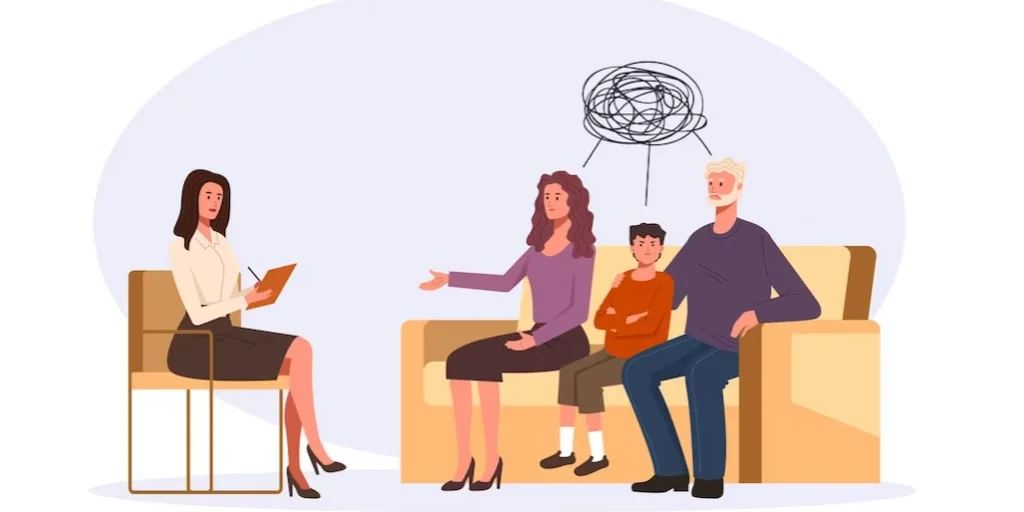24/7 Helpline:
(866) 899-221924/7 Helpline:
(866) 899-2219
Learn more about PTSD Rehab centers in Gunnison County

Other Insurance Options

Providence

WellPoint

Cigna

Highmark

Self-pay options

Multiplan

State Farm

GEHA

Kaiser Permanente

American Behavioral

Health Choice

WellCare Health Plans

Horizon Healthcare Service

Amerigroup

BlueCross

EmblemHealth

Coventry Health Care

Covered California

Lucent

Group Health Incorporated

The Center for Mental Health
The Center for Mental Health is a non-profit organization and is governed by a board of directors re...

Teocalli Treatment Options
Teocalli Treatment Options offers outpatient treatmnet for individuals with alcohol and/or substance...






















The Center for Mental Health – Crystal Hall
The Center for Mental Health is a non-profit organization and is governed by a board of directors re...










































